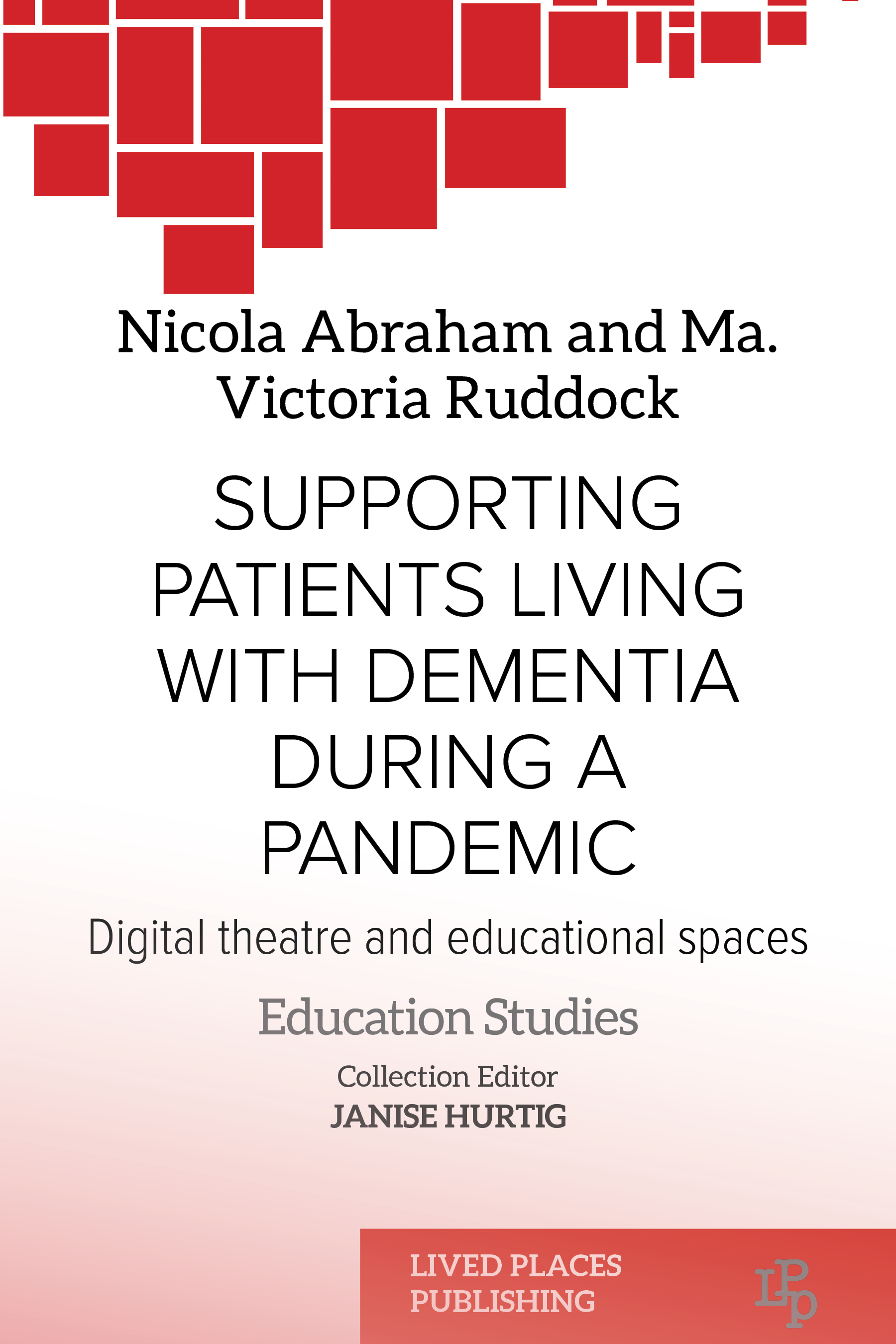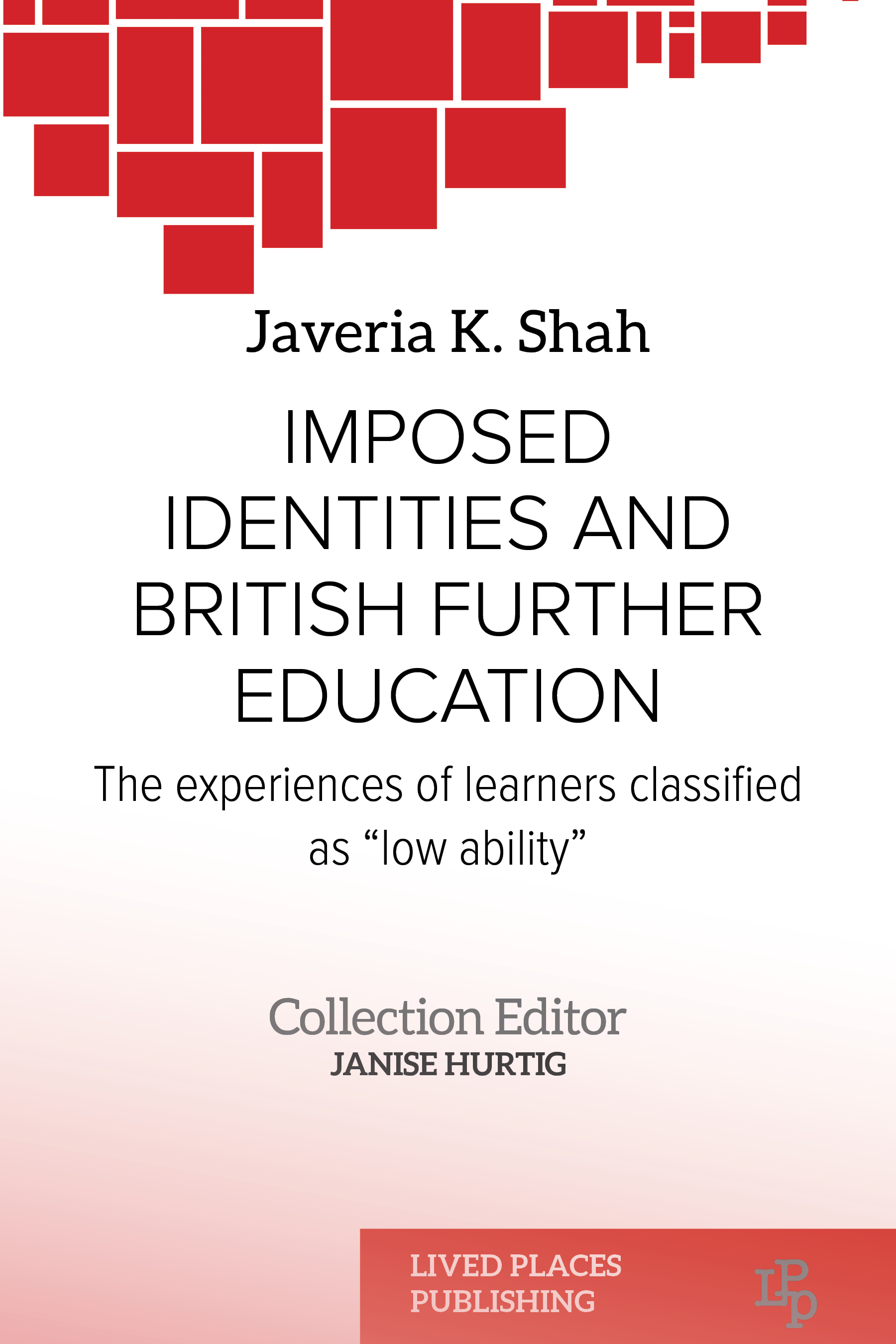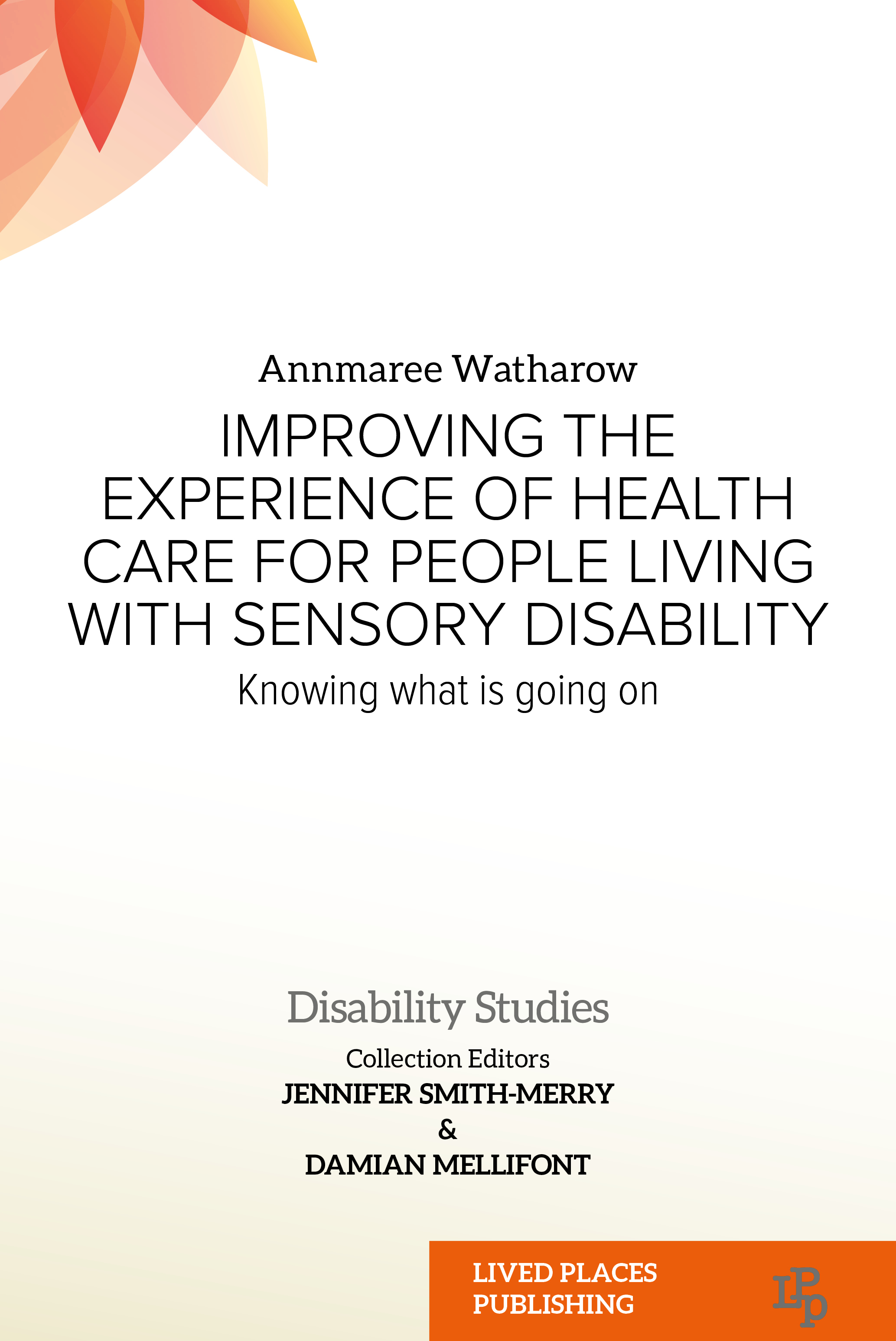by
Dr Nicola Abraham, Senior Lecturer in Applied Theatre Practices &
Victoria Ruddock, Healthcare Assistant for the Dementia Care Team
What did you say?!
Digital applied theatre… In a hospital… In a Pandemic?!
In March 2020, I (Nicky) received news that our funding bid for student knowledge exchange had been successful and we now had funds from Research England and the Office for Students, to quadruple our applied theatre projects supporting patients living with dementia in medicine for the elderly and dialysis units. However, as everyone around the world will be aware, we also found ourselves at the start of the COVID-19 pandemic, which had caused huge problems across the globe, particularly for the national health services trying to cope with unprecedented numbers of people who had caught COVID-19.
We had a choice to make. We could either abandon our plans or take a risk and try to adapt all of our in-person methodologies to work digitally by combining in-person clinical support with applied theatre specialist support using tablets and Zoom. We also had to continue to upskill undergraduate and postgraduate students in applied theatre to complete Tier 2 dementia training in communication and dementia awareness, conducted by project partner Consultant Nurse in Dementia and Delirium, before learning how to adapt our practice without compromising the values of personhood and person-centred practice.
I think it is fair to say that we have learnt a lot from the beginning of this process about how technology can not only replicate but improve our person-centred practice to support patients living with dementia, and at points, their family too. We have learnt to adapt our projects to be COVID safe, to be responsive, reciprocal, transcend the expected divide of the digital tablet screen and create intergenerational connections that locate the patient as artist at the heart of our practice.
Our book, titled Supporting patients living with dementia during a pandemic: Digital theatre and educational spaces, shares our journey drawing upon personal experience within professional contexts and personal family encounters with older adults. We have collated our key learning in this book. It has been a labour of love, and a reminder of all that we have been able to learn as proof that even in the most severe and frightening of circumstances there is a place for digital applied theatre to support the wellbeing of those we work with. We hope that this book provides inspiration, support, guidance, and advice to those working with older adults living with dementia who would like to learn how to design, implement and continually improve creative practice that follows the values of person-centred care.
When we began writing this book, we made a promise to be open and honest about what worked and what was challenging and share how we used challenges as opportunities to advance our practice rather than seeing uncertainty and newness as a “block” to our work. We hope readers find it useful as a journey to learn from, as a resource for practice, and as a tool for knowledge exchange to disseminate new ideas about what is possible and why we should never give up.
Supporting patients living with dementia during a pandemic: Digital theatre and educational spaces by Dr Nicola Abraham and Ma. Victoria Ruddock is out now, in ebook and paperback.
You can buy it direct from the publisher or from Amazon, or contact us to discuss institutional licensing for your university, organisation, or library.
We want our books to be available to as many people as possible. If you’d like to purchase an individual copy, please email us and we’ll give you a discount code:
Image authors’ own






